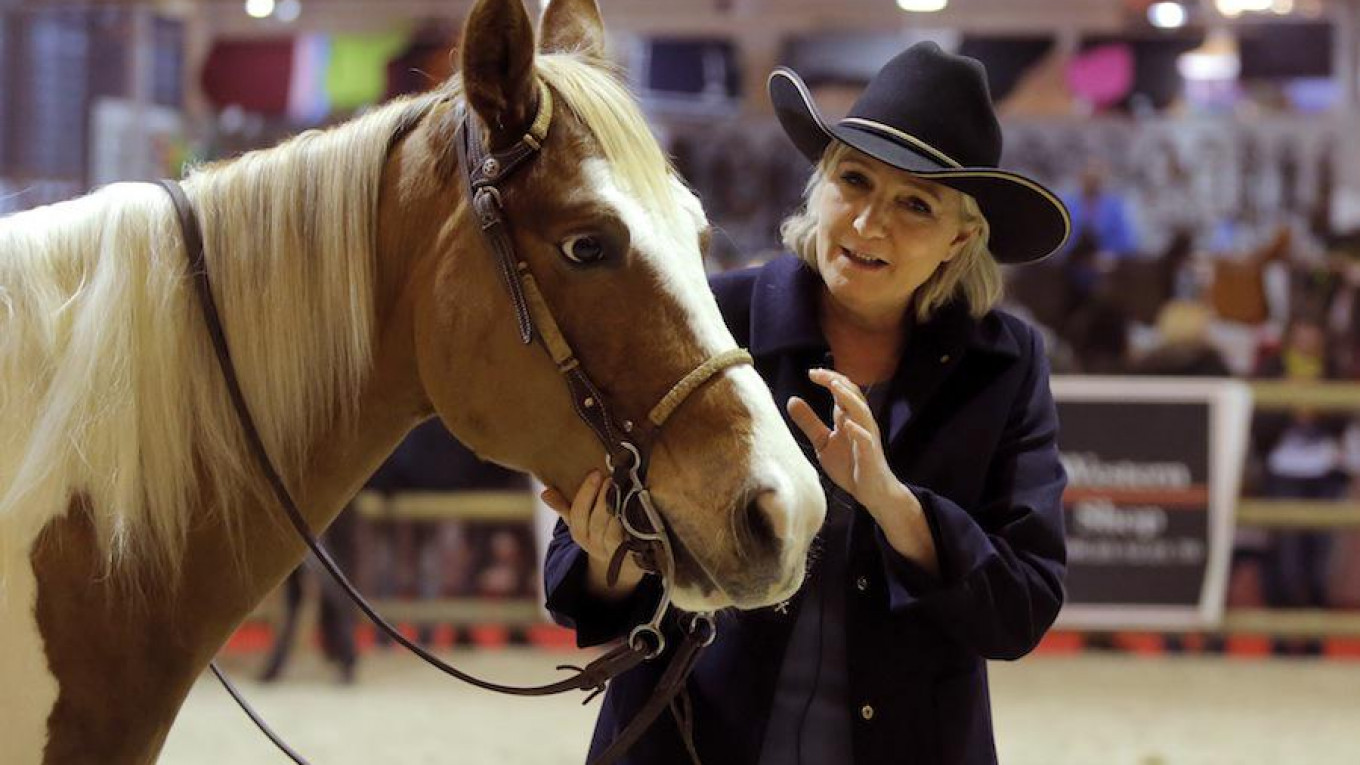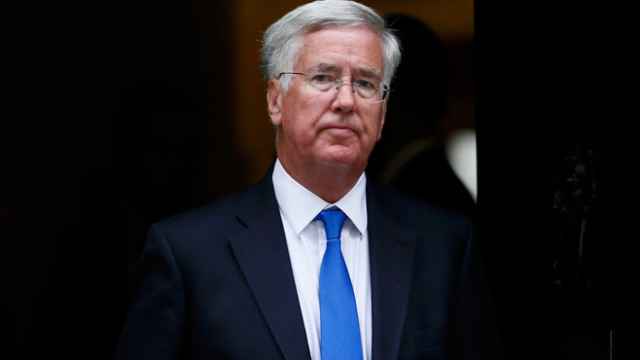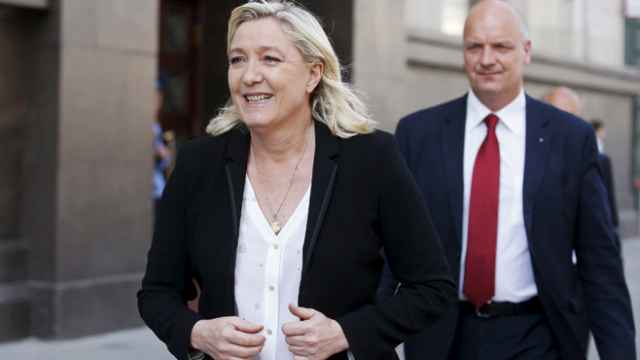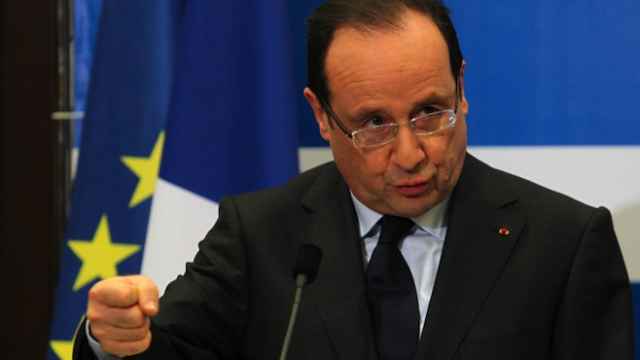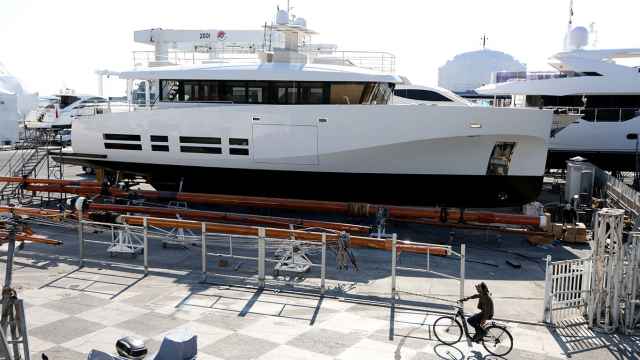French presidential candidate Marine Le Pen has again pledged to recognize Crimea as part of Russia if she is victorious in the country’s presidential elections in April.
Le Pen, who heads the right-wing National Front party and has previously received campaign funds from a Russian bank, promised that she would “free” French-Russian relations from “interference” by NATO, the United States, and the European Union.
"I’ve recognized Crimea as part of Russia ever since the referendum [held on the peninsula in 2014] showed that the Crimean people wanted to join Russia,” she said in an interview with Russian tabloid Izvestia.
“The fact that Crimea became a Ukrainian territory after the fall of the Soviet Union was purely an administrative matter; the peninsula was never Ukrainian. I regret that the referendum was not recognized by the international community or the United Nations,” she said.
Le Pen said that the Ukrainian crisis would instead be solved through peaceful negotiation and called on the EU to stop “demonizing” Russia to ensure that all parties would meet for talks.
"Sanctions are a senseless method of diplomacy: all countries should show respect to each other, to negotiate on an equal footing and to make compromises which are acceptable to all," she said.
Le Pen’s pledge comes as she searches for additional funding for her presidential campaign, having lost a $11 million loan from First Czech Russian Bank in July, 2016. The bank saw its licence revoked by the Russian Central Bank for “unsatisfactory assets.”
In December, Bloomberg reported that the Front National was struggling to find funding for Le Pen’s presidential campaign. The party's treasurer has since announced that the National Front is seeking alternative financing.
The first round of the French presidential election will be held on April 23.
Le Pen's rival in the elections, Republican party candidate Francois Fillon, also boasts close links with Moscow. Fillon has stressed that Russia is a “crucial partner” for France, and has promised to lift European sanctions imposed on Moscow following the 2014 Crimea annexation.
A Message from The Moscow Times:
Dear readers,
We are facing unprecedented challenges. Russia's Prosecutor General's Office has designated The Moscow Times as an "undesirable" organization, criminalizing our work and putting our staff at risk of prosecution. This follows our earlier unjust labeling as a "foreign agent."
These actions are direct attempts to silence independent journalism in Russia. The authorities claim our work "discredits the decisions of the Russian leadership." We see things differently: we strive to provide accurate, unbiased reporting on Russia.
We, the journalists of The Moscow Times, refuse to be silenced. But to continue our work, we need your help.
Your support, no matter how small, makes a world of difference. If you can, please support us monthly starting from just $2. It's quick to set up, and every contribution makes a significant impact.
By supporting The Moscow Times, you're defending open, independent journalism in the face of repression. Thank you for standing with us.
Remind me later.


